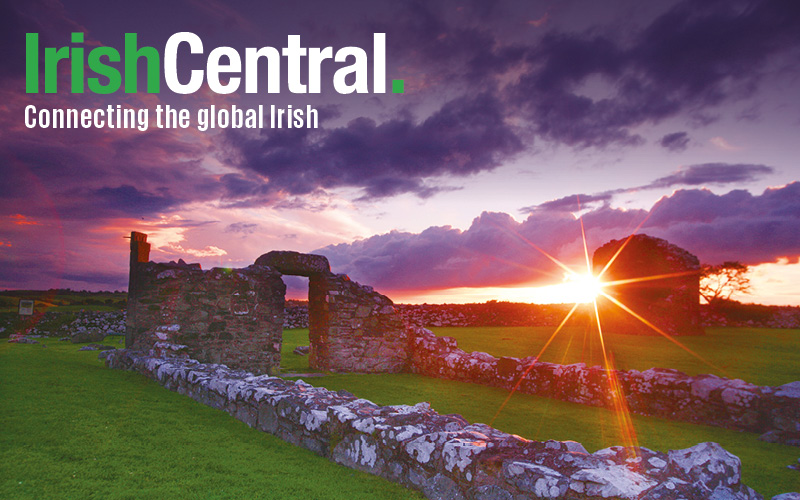Enda Kenny, leader of the main opposition party Fine Gael, has said that he expects to be taoiseach (prime minister), and he believes it could happen within a year without a general election.
Kenny is in a buoyant mood as pressure continues to mount on the government over its budget - already it has made three u-turns on budget decisions - and as Fianna Fail squirms in the face of its worst opinion poll performance for years.
Kenny pointed out on RTE's "The Week in Politics" program on Sunday that it was quite likely he could become taoiseach without an election. He recalled that there was no election in 1994 when John Bruton led a rainbow government following the collapse of the Fianna Fail/Labor administration.
Kenny's assessment that he could take power without a general election is largely based on a calculation that the Green Party may be forced by disenchanted grassroots members to withdraw from partnership with Fianna Fail.
But he also said he would prefer an election so he could take over the reins of government with a fresh electoral mandate.
So confident is Kenny that Taoiseach Brian Cowen's government will fall early that he has put his party on election alert, as has Labor Party leader Eamon Gilmore.
"I expect to be taoiseach. I've waited a long time as an apprentice, if you like. My party has been in opposition for too long," said Kenny. "We have the hunger, the ambition, the competence, the drive and the policies to actually do this. Whenever it comes, I'll be ready for it.
"In politics you just never know - it is like life, anything can happen. I believe the probability of an election is very strong for next year, and we will be ready to meet that challenge, if and when it happens."
Kenny was expanding on comments he made at a Fine Gael presidential dinner commemorating 75 years of the party. He told supporters that he was putting the party on an election footing.
With that in mind, Fine Gael leaders are already preparing to unveil what they claim are "major policy initiatives" on health and the economy at the party's national convention later this month.
In addition, a series of 30 "town hall" meetings has been scheduled to take place over the next eight weeks, with the first meeting due this weekend. Each gathering will be open to the general public and will be addressed by Kenny or some other national Fine Gael figure.
"These public meetings will be an opportunity to consult directly with the public and will also provide a chance for Fine Gael to present its alternative approach on the economy," said Kenny.
"We need to revert to balanced budgets, low costs, real competitiveness, pro-business initiatives and export capacity, which built the Celtic Tiger, while at the same time develop value for money and protect our front line services."
A Fine Gael spokesman explained, "The meetings are part of a strategy to maintain momentum and to keep pressure on the government and its budget. More importantly, it will give the party an opportunity to outline an alternative strategy for dealing with the economic crisis. It is the beginning of a long campaign for government."
For Labor, the most likely junior partners in a Fine Gael-led administration, a spokesman said that leader Gilmore had asked party members "to make preliminary preparation for a possible general election that could take place at any time."
But both Fianna Fail and the Greens dismissed talk of a 2009 general election.
A Green Party spokesman said it did not accept Kenny's analysis. The spokesman insisted, "The Green Party has said again and again that we are in government for the long haul."
Fianna Fail's John Curran, national drugs strategy minister, said the economic situation does not mean the government should start thinking about a general election.
A poll in last week's Sunday Business Post showed 26 percent of the electorate continued to support Fianna Fail, a drop of 10 points that placed the party seven points behind Fine Gael for the first time ever.
Fine Gael and Labor both improved their positions considerably to 33 percent and 15 percent respectively.
The Greens were down one point to 6 percent, Sinn Fein were up one to 10 percent, the PDs were down one to 2 percent, and the independents were unchanged at 8 percent.




Comments